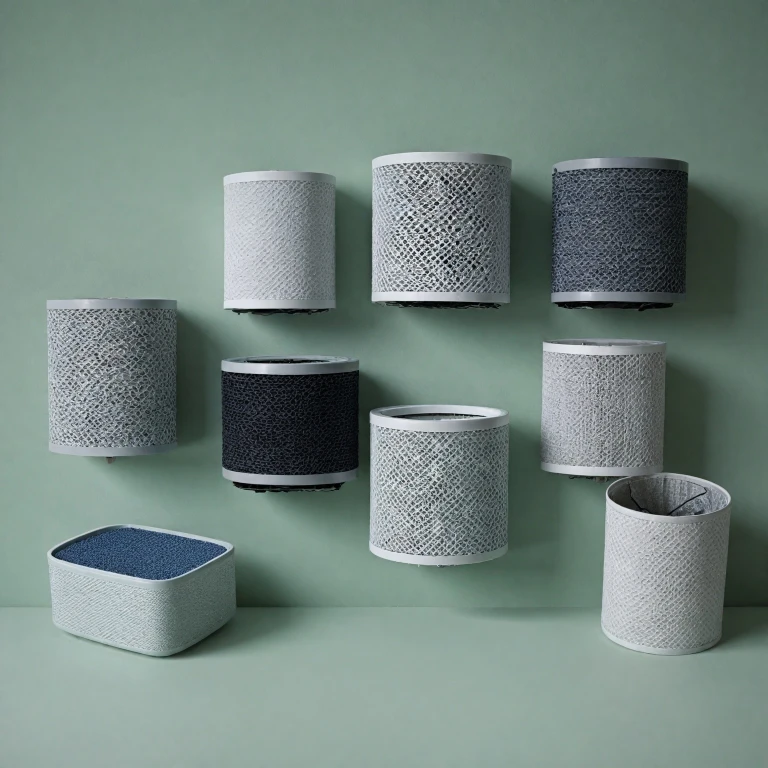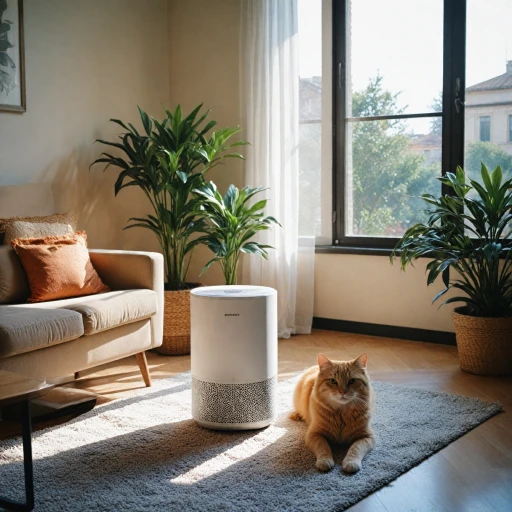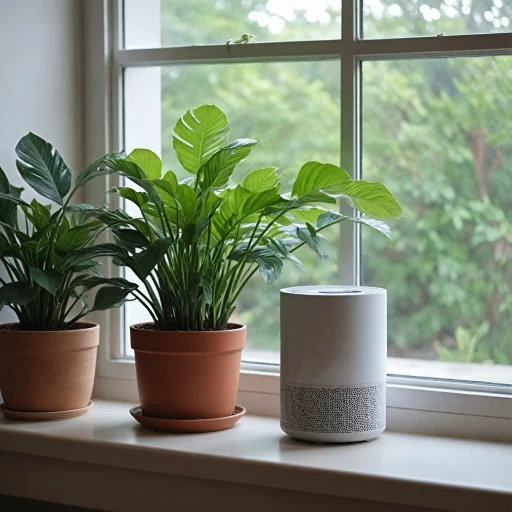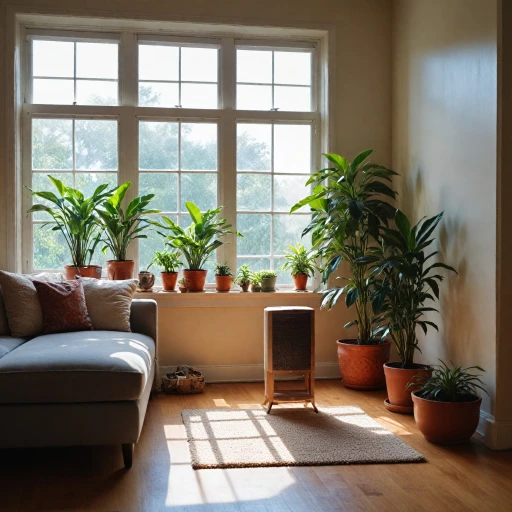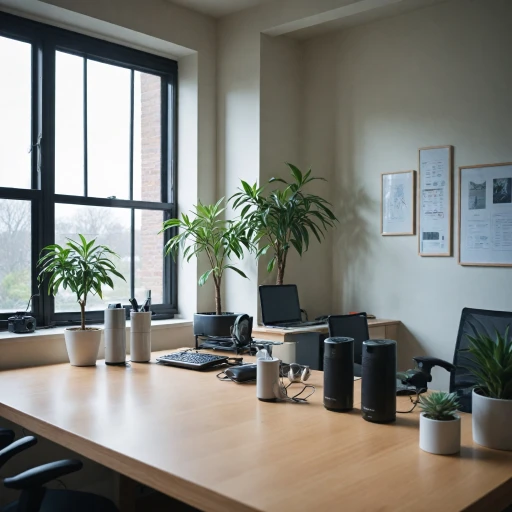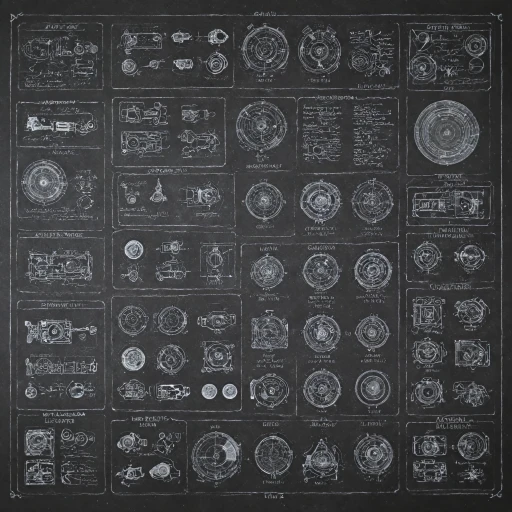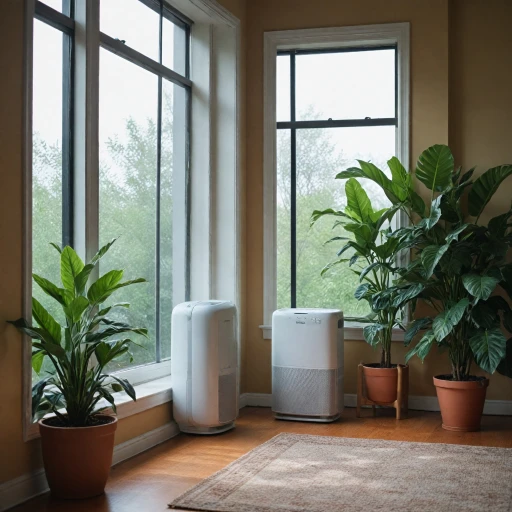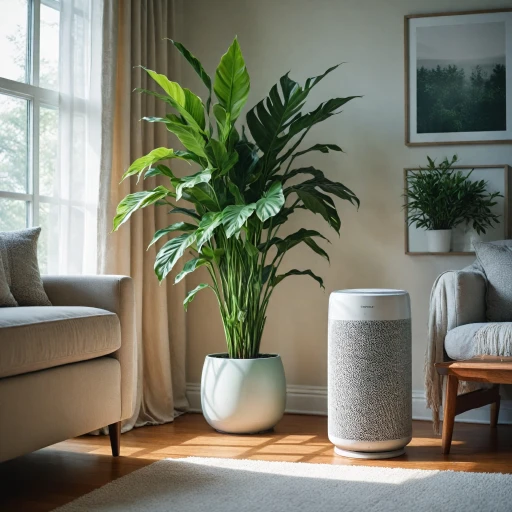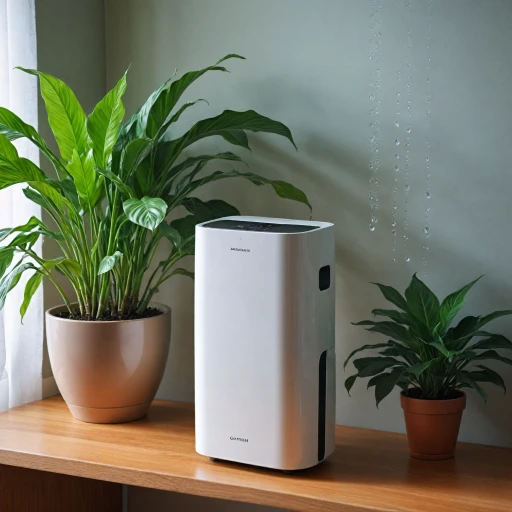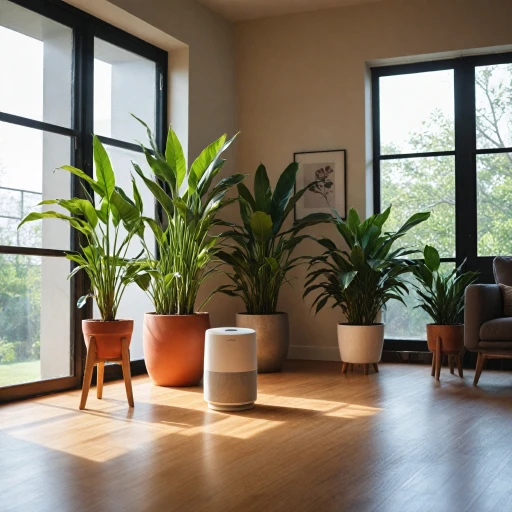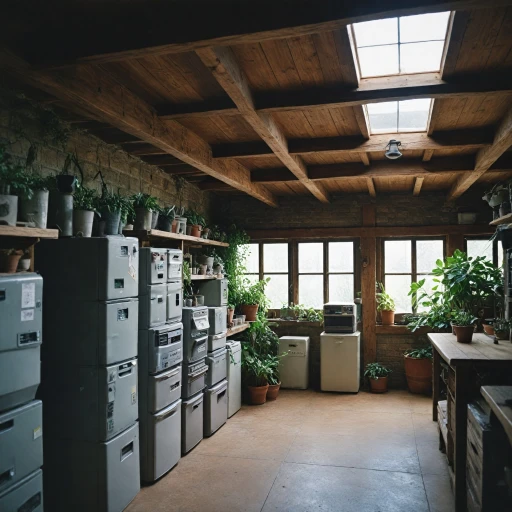Understanding Different Types of Air Purifier Filters
Exploring a Variety of Filters for Air Purifiers
When it comes to selecting an air purifier, understanding the different types of filters is critical to ensuring optimal air quality in your home or workspace. Each filter type has its strengths, offering unique benefits for purifying the air we breathe. Here's a closer look at some common options available on the market today.- HEPA Filters: High-efficiency particulate air (HEPA) filters are renowned for their ability to capture tiny particles, such as dust, pollen, and smoke. Their effectiveness makes them a popular choice for those looking to achieve great air quality in various settings. The Coway Airmega and Blue Pure units, for instance, often use HEPA filters to deliver clean air.
- Activated Carbon Filters: For those concerned about odors and gases, activated carbon filters are a solid choice. They excel in absorbing pollutants like cigarette smoke or cooking odors, which is why they are often paired with HEPA filters in air purifiers such as the Pure Max.
- Pre-Filters: Serving as the first line of defense, pre-filters capture larger particles, extending the life of other filters in the unit. They are easy to clean and relatively inexpensive to replace, making regular maintenance a breeze.
- Combination Filters: These filters merge the benefits of HEPA and carbon filters to target both particles and odors simultaneously, providing an all-in-one solution for improving air quality effectively.
How to Determine the Right Filter for Your Needs
Evaluating Your Air Quality Needs
When selecting the right filter for your air purifier, understanding your air quality needs is crucial. Consider the specific pollutants you aim to eliminate from your environment. Different filters target different types of particles and chemicals:- HEPA Filters: Known for capturing very small particles, these filters are excellent at trapping dust, pollen, pet dander, and even some bacteria and viruses. If you're dealing with allergens, a HEPA filter is among the best choices in purifiers like those offered by Coway and Blue Pure.
- Carbon Filters: Equipped with activated carbon, these filters excel at absorbing odors and volatile organic compounds (VOCs). They're a great option if you're looking to reduce household smells or chemical fumes.
- Pre-Filters: Positioned as the first line of defense, pre-filters catch larger particles, which can prolong the life of the primary filter. Many air purifiers, including the Coway Airmega, include a pre-filter to enhance efficiency.
Maintenance and Replacement of Air Purifier Filters
Regular Upkeep for Optimal Performance
Maintaining your air purifier filters is crucial for ensuring clean air quality in your home. Regular maintenance helps to preserve the efficiency and lifespan of your device. Here are some essential tips for keeping your filters and your air purifier functioning at their best:
- Frequent Check-ups: Regularly inspect the condition of your filters, especially if you own a HEPA filter, as these are excellent at capturing small particles. Over time, filters can become clogged with dust, pollen, and other impurities, which can compromise their effectiveness.
- Timely Replacement: Replace your filters as recommended by the manufacturer. For instance, the Coway Airmega and Blue Pure air purifiers usually require filter replacement every 6 to 12 months depending on usage and air quality conditions. The replacement filter schedule may vary, so it’s best to refer to the unit's manual or visit reputable platforms like Amazon for guidance.
- Vacuum Pre-Filters: Some air purifiers come with a pre-filter that can capture larger particles like pet hair. These are often easy to clean with a vacuum cleaner. Regular cleaning of pre-filters can help in extending the life of HEPA and activated carbon filters.
- Monitor Fan Performance: Pay attention to the fan performance of your air purifier. If you notice a drop in airflow or strange noises, it might be a sign that the filters are too clogged, necessitating a replacement.
Additionally, considering the environmental impact of your filters can guide your decisions on maintaining and disposing of them responsibly. Remember, a diligent maintenance routine not only prolongs the life of your air purifier but also ensures a high quality of air in your living space.
Cost Considerations: Balancing Quality and Budget
Balancing Quality and Budget for Filter Purchases
When embarking on the journey of selecting an air purifier or deciding on replacement filters, evaluating cost and quality is crucial. With a wide range of brands and filter types available, such as HEPA, carbon, and combination filters, it can be daunting to determine the best fit for your budget without compromising on performance.- Quality vs Price: Often, higher-priced air purifiers and filters such as those from Coway Airmega, Blue Pure, or Pure Max suggest superior technology and materials that enhance air quality. However, budget-friendly options available on platforms like Amazon are worthwhile considering, especially if they meet specific needs such as an HEPA filter for allergens or an activated carbon filter for odors.
- Long-term Savings: More expensive units and filters may offer longer life spans and require less frequent replacements. For instance, many high-end air purifiers come with pre-filters that can be washed and reused, reducing the overall cost over time.
- Replacement Considerations: It's important to factor in the regular cost of filter replacement. The price for replacement filters often depends on the brand and model. Evaluating the unit price of filters regularly available for purchase can offer insight into ongoing expenses you can expect.
- Activated Carbon and HEPA Filters: When looking to purchase filters, such as HEPA air or carbon filters, consider the environment where they will be utilized. Specialty filters often carry a higher filter regular price but offer great features, like deodorizing technology or antibacterial coatings, enhancing their value.
Environmental Impact of Air Purifier Filters
Weighing Environmental Factors of Air Purifier Filters
When choosing air purifier filters, it's essential to consider the environmental impact of these products. Not all filters are created with sustainability in mind. Assessing the materials used in filters, such as HEPA, activated carbon, and others, can give insight into the environmental footprint of your choice. HEPA filters, commonly found in reputably high-quality purifiers like the Coway Airmega and Blue Pure, are designed to effectively capture pollutants without releasing harmful substances back into the air.
Moreover, the durability and lifespan of a filter can reduce waste. A longer-lasting filter means fewer replacements, thus diminishing landfill contributions and lowering unit price expenditures. Manufacturers such as Coway and Blue prioritize filter longevity, making their purifiers an environmentally conscious choice.
- The use of fans in air purifiers: Consider models where fan efficiency is maximized without excessive energy consumption, which would contribute to an increased carbon footprint.
- Material recyclability: Some filters and components are made from recyclable materials. Investigate before purchasing to ensure your choice aligns with sustainable practices.
- Production processes: Brands like Pure Max emphasize eco-friendly manufacturing processes, which helps reduce the overall environmental impact.
Regular price filters might seem appealing, but they may result in frequent filter replacement, leading to higher carbon emissions due to increased production and waste. It's crucial to balance price and the potential environmental impacts when choosing the best air purifier filters for your needs. In doing so, you help maintain a cleaner, greener planet while enjoying superior air quality.
Common Myths and Misconceptions About Air Purifier Filters
Debunking Common Air Purifier Filter Myths
When it comes to air purifiers, several myths and misconceptions can cloud your judgment. Understanding these can help you make informed decisions when selecting the best filter for your needs.
Myth 1: All Filters Are the Same
One of the most common misconceptions is that all air filters offer the same level of purification. In reality, filters vary significantly in their design and effectiveness. HEPA filters, for instance, are known for their high efficiency in trapping tiny particles, while activated carbon filters excel at removing odors and gases. It's essential to understand the different types of filters and their specific functions, as discussed in earlier sections.
Myth 2: Higher Price Means Better Quality
Another widespread belief is that a higher price tag guarantees better performance. While price can be an indicator of quality, it is not always the case. Some budget-friendly options, like the Blue Pure or Coway Airmega, offer excellent performance without breaking the bank. It's crucial to balance quality and budget, considering factors such as filter replacement costs and unit price.
Myth 3: Air Purifiers Are Only for Allergies
While air purifiers are indeed beneficial for allergy sufferers, their use extends beyond this group. They can improve overall air quality, making them a great addition to any home, especially in areas with high pollution levels. Air purifiers with pre-filters and carbon filters can also reduce indoor pollutants and odors, providing cleaner air for everyone.
Myth 4: Maintenance Is Too Complicated
Some people shy away from using air purifiers due to perceived maintenance difficulties. However, maintaining an air purifier is relatively easy. Regular filter replacement is crucial to ensure optimal performance, and many models, like the Coway Airmega and Pure Max, offer user-friendly features that simplify this process. Regular maintenance can significantly enhance the lifespan and efficiency of your air purifier.
By debunking these myths, you can make more informed decisions and choose the best air purifier and filter that suit your specific needs, ultimately leading to better air quality in your home.
